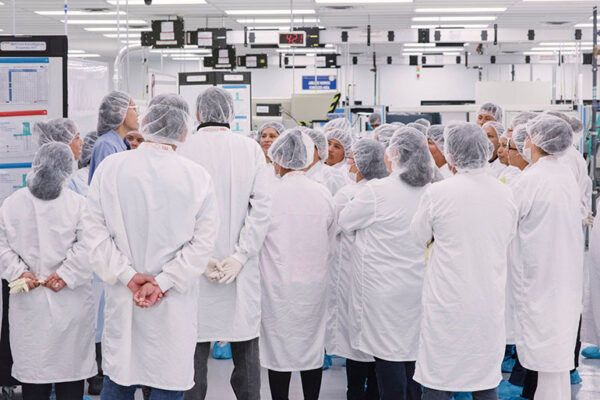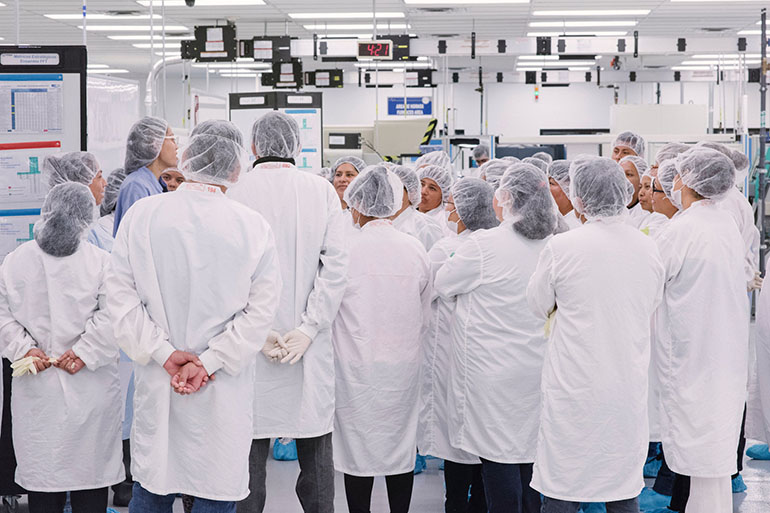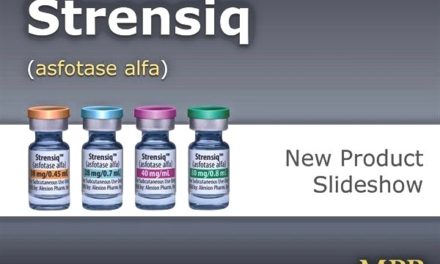Basic terminology used by US politicians is inherently misleading. “Job creators” refers to corporations —as if the government couldn’t create jobs. “Income inequality” ignores the more significant matter of net worth —wealth inequality. “Bad trade deals” implies that shrewder, tougher negotiators could somehow negate the guiding principle of capitalism: employ the cheapest labor.
President Trump repeatedly described NAFTA —the North American Free Trade Agreement pushed through by Bill Clinton— as bad for US workers. It was and is; but it has been a great boon for US Agribiz and disastrous for Mexican farmers. This under-reported truth came through towards the end of a front-page NYTimes story by Kirk Semple April 3:
“Some economists blame Nafta for causing widespread unemployment in the Mexican agricultural sector by opening the floodgates to heavily subsidized American agricultural products, especially corn. A 2014 study estimated that 1.9 million agricultural jobs were wiped out, mainly those of small family farmers, helping to drive more illegal immigration into the United States.”
The impact of NAFTA on medical device and supply manufacturers is analyzed in a very informative piece by Sarah Varney on the Kaiser Health News site April 3 (also picked up by the Times). Some 30% of the medical gear used by US Americans is is now made in Mexico. Excerpts follow:
Tijuana… houses the highest concentration of Mexico’s medical device firms, 70 percent of which are American-owned, according to the local development group. Companies including Medtronic, CareFusion, DJO Global and Hill-Rom-Welch Allyn — some that have their headquarters just up the road in San Diego — have invested heavily in Tijuana, constructing long, low-slung factories tucked into the hilly terrain. Giant banners hanging from manufacturing plants plead for workers to join them.
The high-tech operations emerged after NAFTA helped transform Mexican border factories, known as maquiladoras, into industrial powerhouses. Now, instead of being garment sweatshops, many maquiladoras in Tijuana employ a new generation of Mexican engineers and skilled technicians to make orthopedic devices, surgical equipment and catheters.
The factories have helped remake the city’s reputation from a ribald party town to a locus of sophisticated industrial manufacturing. Roadside shanties made of corrugated metal and plastic abut new apartment complexes painted fuchsia and lime green; late-model SUVs bounce along potholed roads. Workers pass through imposing security gates to begin shifts operating advanced machinery or delicately sewing pig tissue onto stents for heart valves, and trucks zip in a steady line across the border in preclearance, fast-track lanes into California.
But the possibility of new protectionist trade policies is already looming over this buzz of activity. The question for many people here is whether it will upend the economic incentives that led American companies to invest in the city in the first place.
Trump has argued that a border tax is needed to keep well-paying jobs in the United States and dissuade companies from relying on Mexican workers who earn a small fraction of American wages. Technicians at medical device factories in Tijuana earn about $14 an hour, compared with about $25 an hour for technicians at factories in the U.S.
Critics of Mexico’s maquiladoras system contend that wages are kept unfairly low and that workers have been kept from organizing. For companies, though, the savings are clear — as much as 45 percent for labor-intensive products — and have helped fuel the wave of development here.
If the U.S. does approve a border tax, Felix Diaz added, “the final customer is going to pay.”…Chief executives at some of the United States’ largest hospitals have nervously watched the gathering legislative, economic and geopolitical storm. The executives say this concern on trade is based on simple math.
In Chicago, Cook County’s public clinics and hospitals spend $62 million a year on medical supplies, including 120,432 boxes of gloves, 44,434 boxes of syringes and 403,460 bags of fluids. Safety-net hospitals that care for poor patients would be unable to pass along price increases because the programs that insure those patients, Medicaid and Medicare, pay fixed rates for care.
“It’s a bunch of dominoes,” said Doug Elwell, deputy chief executive for finance and strategy at the county hospital system. Private or for-profit hospitals, because they serve largely privately insured patients, “can pass along 10 percent in the bill,” he said. “But we can’t.”
A border tax, experts say, would ricochet back and forth across the U.S.-Mexican border — and around the world — in unintended ways.
Mexico’s medical device industry buys much of its raw materials and capital machinery from American suppliers. The American-owned Integer plant in Tijuana, for example, buys 90 percent of its raw materials, essentially duty-free, from the U.S.: stainless steel to be stamped into cups used for hip replacements and plastic to be molded into catheters. Then half of the factory’s output is shipped back to the USA and much of the rest to Puerto Rico and American-owned companies in Switzerland and Singapore.
If Mexico imposes tariffs on raw materials from American suppliers, a likely response to any border tax imposed by the U.S., production costs would spike for companies in Mexico or those companies would shift to suppliers in other countries eager to cut low-tariff deals, like China. Imports from China contain around 4 percent of content from the U.S., while imports from Mexico contain about 40 percent, and even more in products like medical devices…
The Integer plant in Tijuana that Hernandez oversees looks like a vast scientific laboratory. Behind glass windows, in so-called clean rooms, employees in blue hair caps and bootees tend to machines that process gold and platinum into tiny components for pacemakers. In one room, workers sit shoulder to shoulder, peering into microscopes as they expertly remove tiny debris from freshly made parts. Even the smallest change in these manufacturing protocols would require a new inspection.
Integer’s legacy company, Greatbatch Medical, opened the plant in 2005. Over the years, the company consolidated some of its manufacturing from Carson City, Nev., and Columbia, Md., to Tijuana, drawn by the lower wages and the pool of skilled technicians graduating from Mexican universities.
The company, like many others here, is seamlessly integrated: Employees in Tijuana connect via videoconferences with research and development teams in the U.S. to fine-tune product designs. The border seems like a quaint historical footnote.

Workers at a Greatbatch Medical plant in Tijuana, Mexico. It is one of a number of American-run companies in Tijuana that make millions of medical devices each day. (John Francis Peters for The New York Times and KHN)





